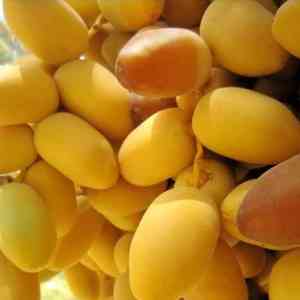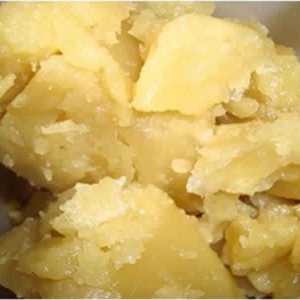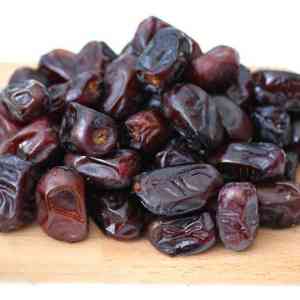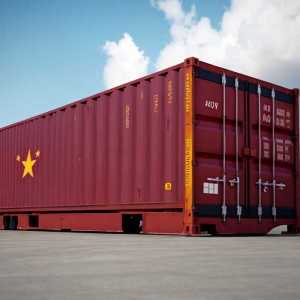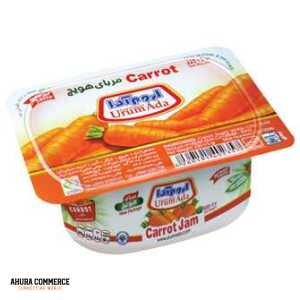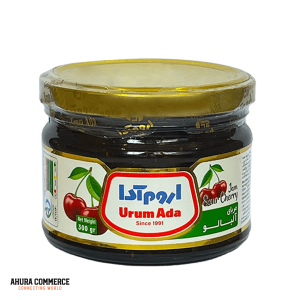Categories
- Agriculture
- Food and Beverage
- Cars and auto parts
- Electrics and Electronics
- Exchange
- Fashion and accessories
- Metallurgy Rubber & Plastics
- International Transportation
- Clothing, textiles
- Building Construction
- Chemicals
- Dairy
- Fruits and Vegetables
- Nuts and Spices
- Gifts and Toys
- Health and Beauty
- Home Appliances
- Livestock and poultry
- Machinery and Tools
- Row materials
- Office appliances
- Customs Clearance
- Home
- Nuts and Spices
- Exporting almonds from iran
Exporting almonds from iran
Description
Exporting high quality almonds from iran
Exporting Almonds from Iran
Exporting almonds from Iran has become a significant aspect of the country's agricultural economy. Iran is one of the top producers of almonds globally, and the unique climatic conditions, along with traditional farming practices, contribute to the exceptional quality of almonds produced in the region. This document aims to explore the importance of exporting almonds from Iran, the various almond varieties available, the export process, and the potential for growth in international markets.
The Importance of Exporting Almonds from Iran
Exporting almonds from Iran is not just an economic activity; it is a reflection of the country’s rich agricultural heritage. Almonds have been cultivated in Iran for thousands of years, and the country is known for its diverse almond varieties. The significance of exporting almonds from Iran lies in the high nutritional value and unique flavors that Iranian almonds offer, making them a preferred choice for consumers worldwide.
Varieties of Almonds in Iran For Export
When it comes to exporting almonds from Iran, several varieties stand out. The most notable among them are Nonpareil, Mamra, and Tuono almonds. Nonpareil almonds are particularly popular due to their thin shells and high-quality kernels, making them ideal for both raw consumption and processing. Mamra almonds, known for their rich flavor and health benefits, are often used in traditional Persian sweets and dishes. Tuono almonds, with their robust taste, are favored in gourmet cooking.
The quality of almonds exported from Iran is a result of the country’s favorable climate, which features long, hot summers and cool winters. These conditions allow almond trees to thrive, producing nuts that are not only delicious but also packed with essential nutrients such as vitamin E, magnesium, and healthy fats. This quality is a key selling point when exporting almonds from Iran to international markets.
The Export Process of Almonds from Iran
The process of exporting almonds from Iran involves several critical steps to ensure that the product meets international standards. It begins with the careful selection of high-quality almonds from local farmers. These almonds undergo rigorous quality control measures, including sorting, grading, and packaging, to ensure that only the best products are exported.
Once the almonds are prepared for export, they must pass phytosanitary inspections to comply with international regulations. This step is crucial for preventing the spread of pests and diseases, ensuring that exporting almonds from Iran can be done safely and efficiently.
After passing inspections, the almonds are packaged according to international standards, using materials that preserve freshness and quality during transportation. The final step in exporting almonds from Iran involves shipping the almonds to their destination, where they are distributed to wholesalers, retailers, and consumers.
Market Potential for Exporting Almonds from Iran
The global demand for almonds has been on the rise, driven by increasing health consciousness among consumers. As people seek healthier snack options and ingredients for various culinary applications, the market for almonds continues to expand. Exporting almonds from Iran positions the country to capture a significant share of this growing market.
Iran’s strategic location provides a competitive advantage in the almond export industry. The country has access to key markets in Europe, Asia, and the Middle East, making it an attractive source for almond imports. Furthermore, the Iranian government has been actively promoting agricultural exports, providing support and incentives for farmers and exporters to enhance their production capabilities and reach international markets.
Challenges in Exporting Almonds from Iran
While the potential for exporting almonds from Iran is promising, there are challenges that need to be addressed. These include fluctuations in global market prices, competition from other almond-producing countries, and the necessity for continuous improvement in quality control and production practices. Additionally, exporters must navigate complex international trade regulations and ensure compliance with the requirements of importing countries.
To overcome these challenges, those involved in exporting almonds from Iran are focusing on building strong relationships with international buyers, investing in marketing strategies, and enhancing their production processes. By emphasizing the unique qualities of Iranian almonds and their health benefits, exporters can differentiate their products in a competitive market.
Conclusion About Exporting almonds from Iran
In conclusion, exporting almonds from Iran presents a significant opportunity for growth in the global market. With a rich history of almond cultivation, diverse varieties, and a commitment to quality, exporting almonds from Iran is poised to make a mark on the international stage. By addressing challenges and leveraging the country’s strengths, Iranian almond exporters can successfully navigate the complexities of global trade and contribute to the flourishing agricultural sector in Iran.
Location
Exporting almonds from iran

Ahura Commerce facilitates seamless international trade. Our platform empowers businesses of all sizes to navigate import/export regulations, connect with global partners, and optimize logistics. Leverage our expertise and network to achieve sustainable growth in today's interconnected marketplace.




